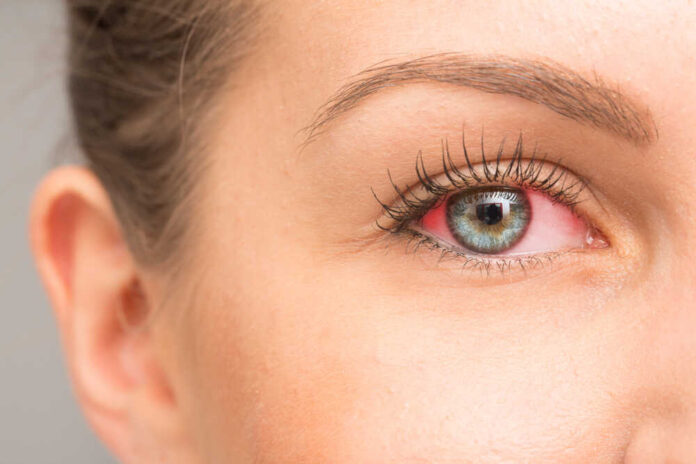
Winter is the season for cozy fires, hot cocoa, and snuggly blankets. But with the drop in outside temperature and the rise in indoor heating, it’s also the time for dry skin and dry eyes.
Causes of Dry Eyes in Winter
Dry eyes generally occur when your eyes are unable to produce enough tears to keep them moist and lubricated.
Winter weather usually brings cold temperatures, low air pressure, and strong winds. When air is cold, it holds less water, leading to low humidity levels in the air.
We use indoor heating to keep our homes and workspaces warm, but this doesn’t add any moisture back into the air, so humidity levels stay low.
Low humidity causes water to evaporate more quickly. Moisture is pulled out from your skin and eyes faster than it can be replenished. This leads to feelings of dryness and tightness, as well as irritation, itchiness, and discomfort.
Cold temperatures may also constrict blood flow, reducing the production of tears and causing dry eyes. This may feel like a burning sensation in your eyes.
Symptoms of Dry Eyes in Winter
If you’re experiencing dry eyes in winter, you may notice the following symptoms:
- Burning or stinging sensation in the eyes
- Redness
- Itchiness or irritation
- Sensitivity to light
- Blurred vision
- Eye fatigue
- Difficulty wearing contact lenses
- Feeling like there is something in the eye
- Excessive tear production (an overreaction response)
Preventing and Treating Dry Eyes
Fortunately, there are several ways you can help relieve or prevent dry eyes in winter.
Here are some of the most effective options:
- Humidifier: Using a humidifier may be the best way to add moisture to the air in your home or office, which can reduce dryness in your skin and eyes.
- Artificial tears: These over-the-counter eye drops can help lubricate the eyes and provide relief from dryness.
- Warm compresses: Applying a warm compress to your face can help stimulate blood flow and tear production and relieve irritation and discomfort.
- Blink more often: Blinking helps facilitate the movement of tears. Try to blink more frequently, especially when reading or using a computer, to help keep your eyes lubricated.
- Wear glasses instead of contacts: Switching to glasses can help reduce irritation and dryness caused by contact lenses.
- Avoid harsh products: Avoid using harsh soaps, shampoos, and other products near your eyes, as they can contribute to dryness.
- Prescription medications: In some cases, your doctor may prescribe medication to help relieve dry eyes.
If your dry eyes persist or worsen, it is important to check in with your doctor as soon as possible. There may be some damage or an underlying medical condition that requires testing and a more thorough treatment plan to help alleviate your symptoms.






















